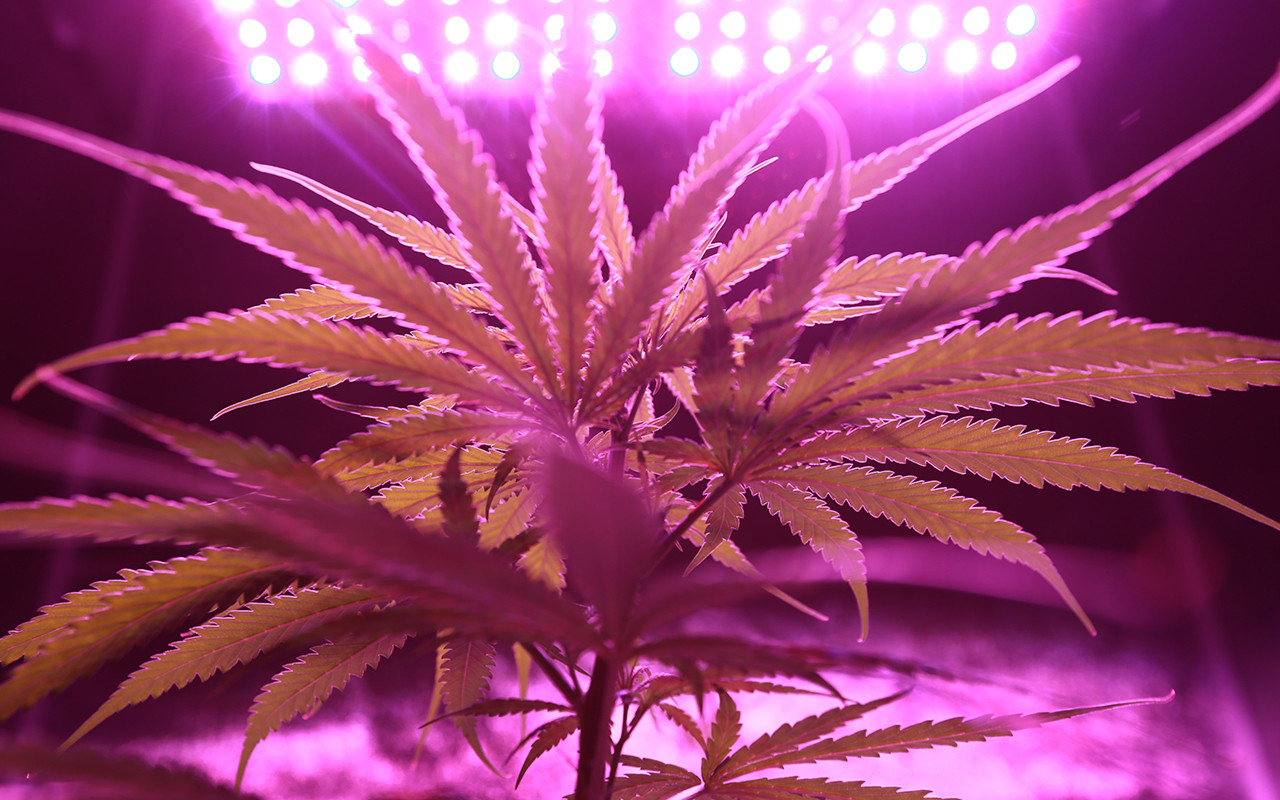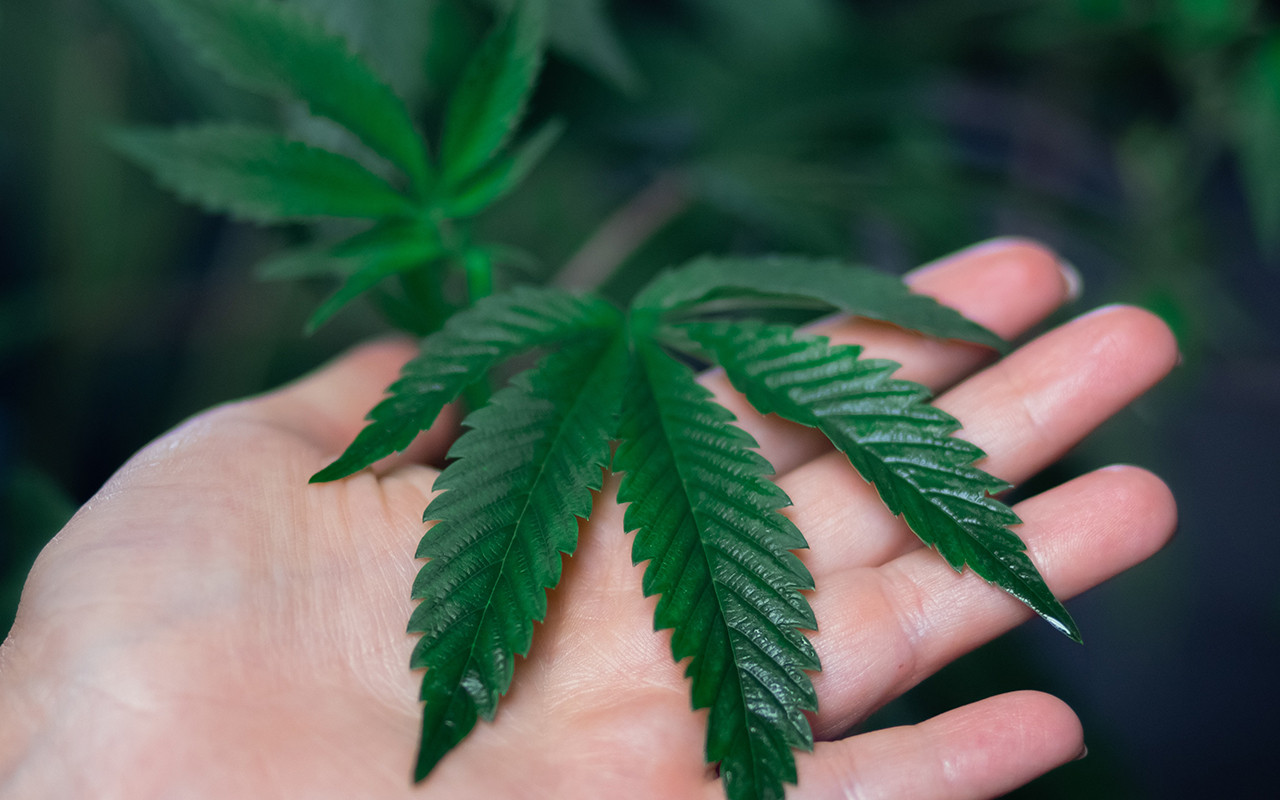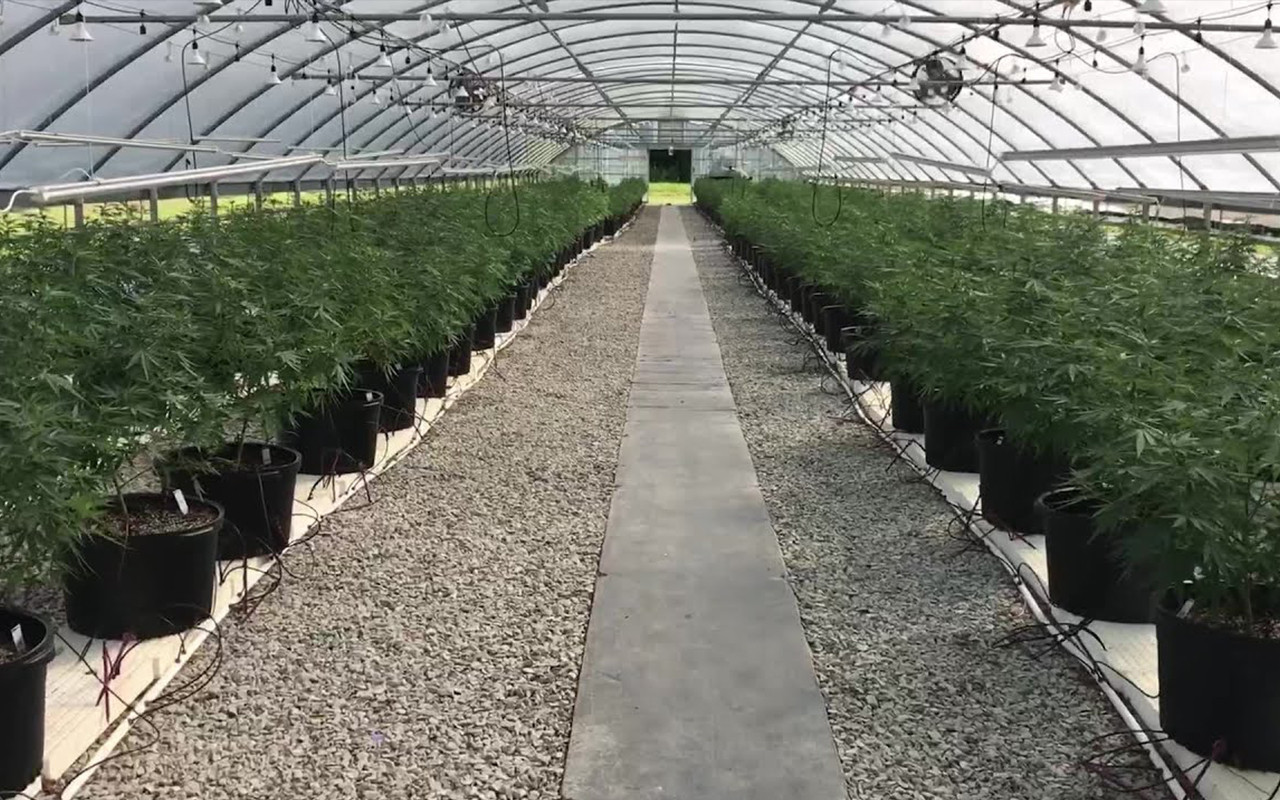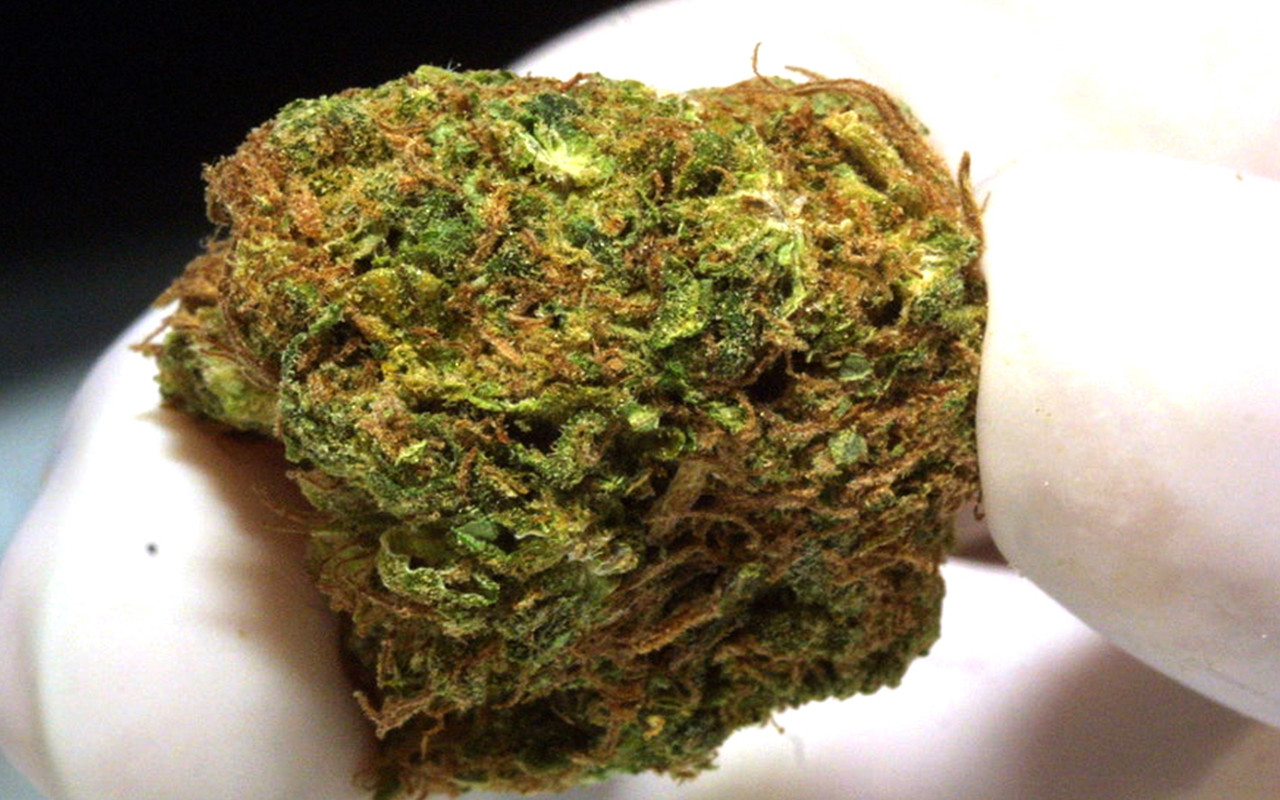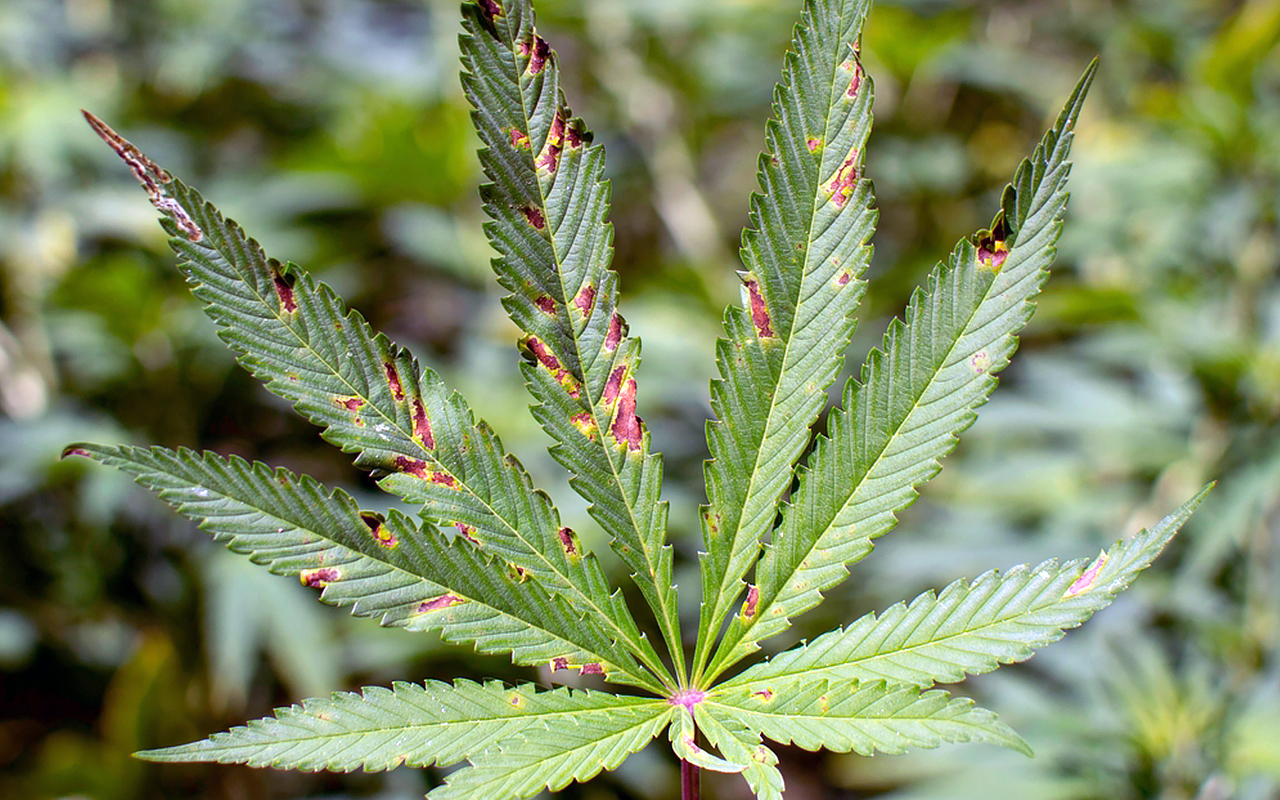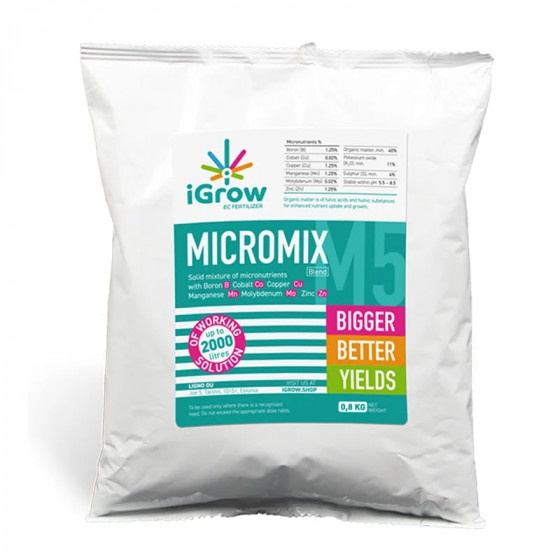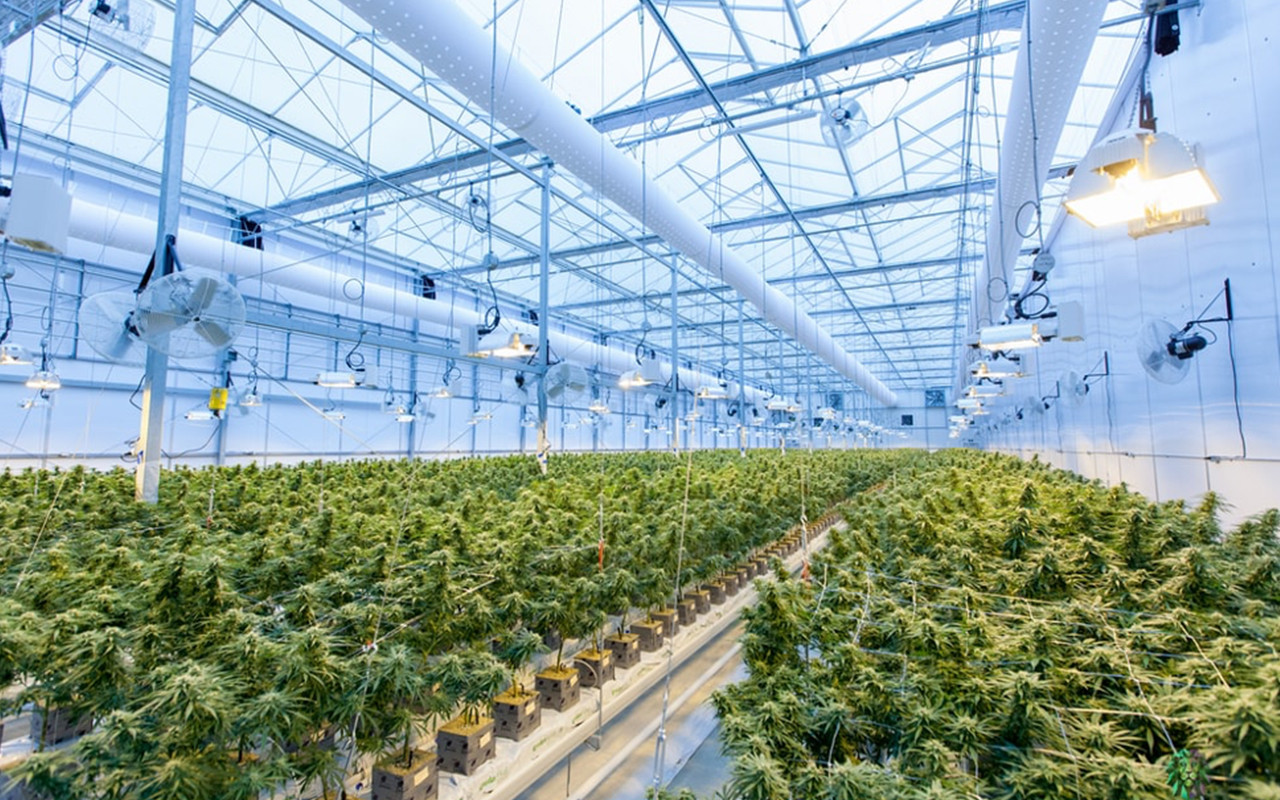
FDA Regulations Surrounding Cannabis
What are marijuana and cannabis?
The cannabis plant belongs to the Cannabaceae group, and has over 80 chemical compounds, out of which, the two most common are CBD (cannabidiol) and THC (delta-9-tetrahydrocannabinol). The CSA (Controlled Substances Act) has controlled certain elements of Cannabis Sativa, under the ‘Marihuana’ drug class. ‘Marihuana’ belongs to the CSA’s schedule 1 due to the compound’s high abuse potential, attributable largely to THC’s psychoactive effects.
How did the Farm Bill of 2018 affect Cannabis production? How will it impact products regulated by the FDA?
One of the many changes that came about as a result of the Farm Bill of 2018 was that hemp was eliminated from the Controlled Substances Act. This means that any cannabis plant or its derivatives containing a maximum of 0.3% THC based on dry weight, will no longer be considered controlled substances according to the federal law.
However, the bill also explicitly preserved the FDA’s authority regarding the regulation of any products having cannabis or derived compounds. The FDA will treat such compounds just like it treats any other regulated product, which means that these products will be subjected to the requirements and authorities that other FDA-regulated products are subjected to.
Have any cannabis or derived medical products been approved by the FDA?
While no cannabis marketing applications have been approved for treating any conditions or diseases, three cannabis-related and one cannabis-derived drug products have been given the green light by the FDA.
One of these products is Epidiolex, a drug that is used for seizures induced by Dravet Syndrome or Lennox-Gastaut Syndrome. This drug, containing purified CBD, cannot be used for patients that are less than a year old. Epidiolex has also been approved for treating seizures associated with complex tuberculosis in patients that are at least one year of age. In other words, the FDA believes that this drug is effective and safe for its intended uses.
Syndros and Marinol have also been approved for treating AIDS-related anorexia. These two medications contain dronabinol, an active THC ingredient. Cesamet, yet another FDA-approved medical product, contains Nabilone, an active, synthetically-derived ingredient with a chemical structure resembling that of THC.
Beside Epidolex, has the FDA approved any other CBD medical products?
There are no other FDA-approved products containing CBD. Certain firms have been promoting CBD products for the treatment of diseases or other therapeutic purposes, and these firms have been issued warning letters by the FDA.
Many unapproved CBD products are being marketed and sold online, making them available throughout the entire country. Selling or promoting unapproved products without substantiated therapeutic claims, alongside being illegal, can also risk patients’ health, since the efficacy or safety of these products has not been proven. Such deceptive marketing also causes major health concerns, as consumers might be compelled to turn away from approved therapies for serious or fatal conditions.
How is the FDA reacting to states permitting the sale of cannabis for medical purposes without approval?
Quite a few states have either introduced, or are planning to introduce, laws that eliminate restrictions regarding the cannabis’ medicinal use. Medical research pertaining to the efficacy and safety of medical cannabis products is essential, and the only way to conduct this research is through well-controlled and adequate clinical trials. The FDA welcomes any state that requires support for cannabis-related medical research, and is willing to provide information regarding scientific and Federal standards.
Can I sell CBD-related products?
This will depend on a number of factors, the most important of which is the intended product use and the way in which the product is marketed and labeled. CBD products must adhere to every applicable law, which includes the FD&C Act.
What is the FDA’s stance regarding the use of cannabis and its derived ingredients for cosmetic products?
According to the FD&C Act, no cosmetic ingredients or products require premarket FDA approval, apart from in the cases of color additives. There are a few cosmetic ingredients that have been restricted or prohibited by regulation; however, no cannabis or derived ingredients fall under this category as of now. Nonetheless, any ingredient that has not been specifically addressed through regulation, needs to adhere to every applicable requirement. No ingredient (including those containing cannabis or a derived ingredient) is permitted for cosmetic production if it leads to the misbranding or adulteration of the product. An adulterated cosmetic is one that contains or bears any deleterious or poisonous substances that might prove injurious to its users.
IF the FDA finds that a cosmetic product contains unsafe ingredients, the FDA can act accordingly. Consumers can use the FDA’s reporting system to report any adverse events or effects pertinent to cosmetic products.
Final Word:
The FDA regulations surrounding the use of cannabis are constantly being updated and modified in light of new research or other information. We hope that the information contained in this guide will help you get some vital answers.







